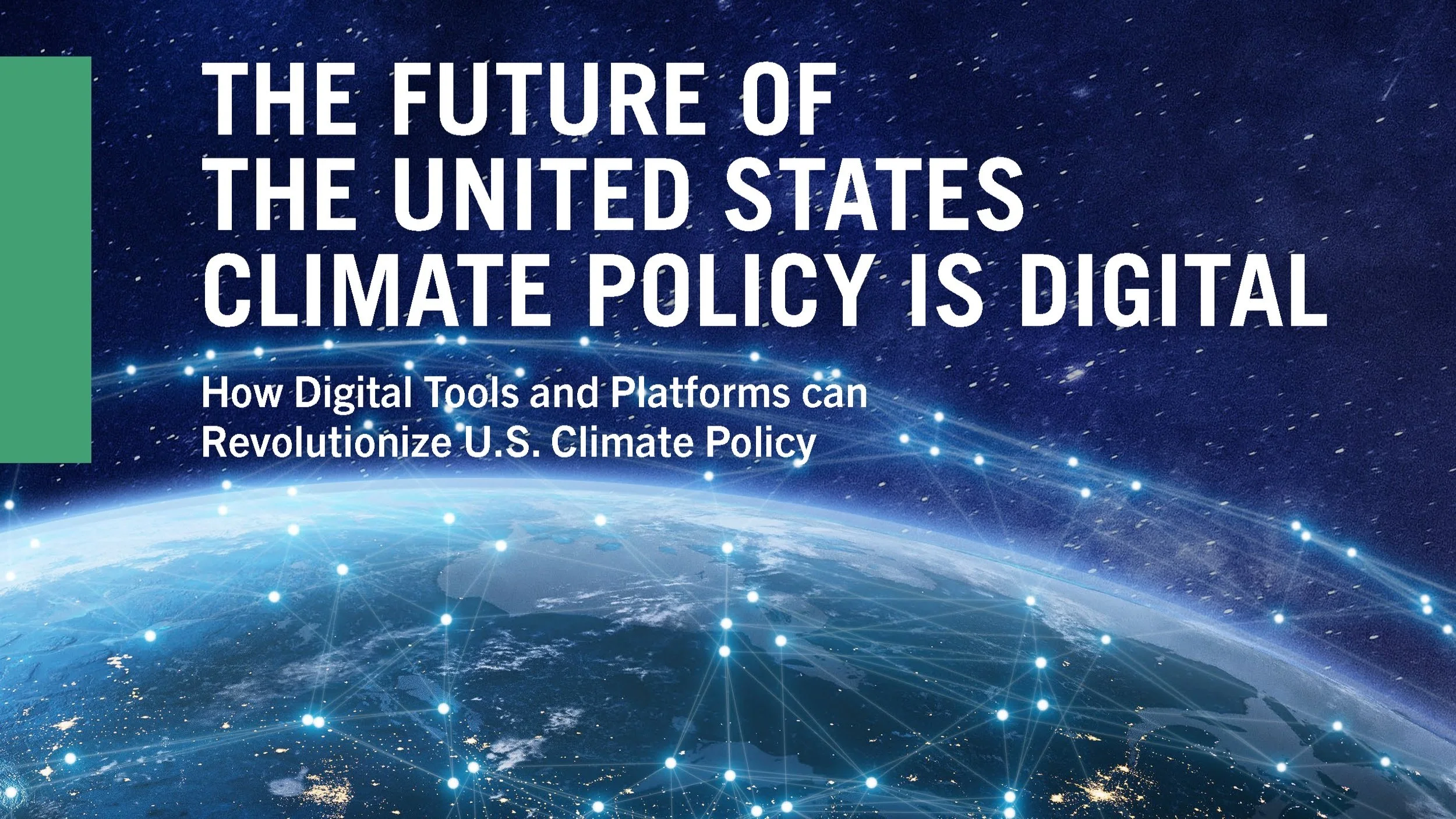RESOURCES AND REPORTS
CO2EFFICIENT is a leader in developing transformational 21st century climate policies that integrate environmental sustainability and corporate governance with digital technology solutions. Below are recent project examples.
Sustainable Data Centers
Data centers are an integral part of modern-day society as they store and process massive amounts of data, from personal information to business data, and everything in between. However, data centers also consume an enormous amount of energy and have a significant impact on the environment. With the growing demand for data storage and processing, it is critical to address the need for sustainable data centers that can reduce their environmental impact while still meeting the growing demand for data.
This paper aims to explore the importance of sustainable data centers, their impact on the environment, and potential solutions to reduce their carbon footprint. The timeliness of this paper cannot be overstated, as the demand for data continues to grow exponentially, and the environmental impact of data centers remains a pressing concern.
Methane Quantification
This assessment reviews leading and emerging technologies that being deployed with sensors for methane measurement and monitoring. Experts have noted that there are at least 600,000 methane leaks in the U.S. today, and even this large number may represent an undercount. Nonetheless, with emerging technologies, the oil and gas industry has an opportunity to reimagine the future of natural gas in ways that promote transparency, trust, and transactability in differentiated gas markets. Transparency begins with a recognition that companies must go beyond leak detection and repair to quantification of methane emissions. Trust involves ensuring that regulators, investors, and other stakeholders have confidence in emissions data and can rely on such data to make policy and investment decisions. Transactability means that customers can buy and sell products based on emissions data, ultimately creating new markets for differentiated gas products.
We have an opportunity to ensure a strong future for natural gas with real emissions reductions, consumer trust, and new markets for differentiated products. This assessment addresses a critical piece of achieving this future.
digital climate solutions
The internet and digitalization are the biggest drivers of economy-wide, systems change in our lifetime, resulting in transformational change in social relationships, global connectivity, science, and governance. Digitalization can play the same role for climate change. Unfortunately, policy and regulatory frameworks have not kept up with industry’s advancements in digital technologies to fully utilize their potential for climate solutions.
As the Federal government advances ambitious goals to tackle the climate crisis, the Digital Climate Alliance’s Policy Paper highlights opportunities for policymakers to harness digital technologies to accelerate environmental progress and advance decarbonization efforts across the buildings, infrastructure, industrial, and transportation sectors. As the United States seeks to reassert its international climate leadership and provide opportunities for economic growth, sustainable investment, and job creation, now is the time to accelerate digital technologies for sustainability.
sustainability solutions for the ms4 sector
Against the backdrop of current market and non-market signals, a move towards investment in digital solutions becomes increasingly imperative for both the ag and municipal separate storm sewer systems or “MS4” sectors. This report describes five major drivers of change – policy and regulation; consumer and public awareness; corporate risk and responsibility; investor influence and climate resilience; and asset management and aging infrastructure – that are reshaping markets towards innovative, sustainable systems. The demand for data and environmental transparency will continue to shape factors for both the ag and MS4 sectors to diverge from the status quo, modify their actions, and adopt new technologies, practices, and mechanisms to conform with changing standards and consumer preferences.
energy consumer market alignment project
The Energy Consumer Market Alignment Project (EC-MAP) advanced a dialogue around the role of government in this new era of energy digitalization, to build consensus for policy roadmaps that benefit energy consumers, the economy, and the environment. It developed a vision for an energy future where digital technologies drive greater transparency, fair competition, and consumer choice—and where policy enables innovation instead of creating market barriers.
EC-MAP developed three sector-specific white papers with recommendations on how to align public policy with a digital energy future—a future where government empowers consumers, supports free and fair markets, and enables innovation.




